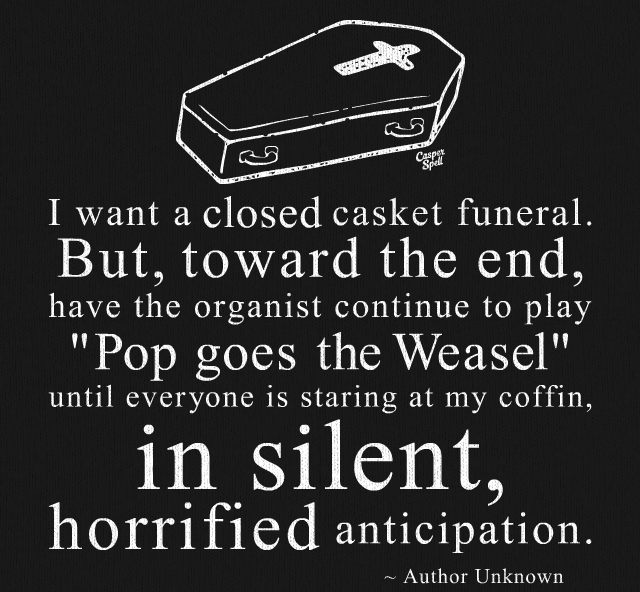I note that there has been some discussion about my blog-post on:
https://www.s4me.info/threads/simon...n-a-blog-here-it-is-on-hole-ouisa.5001/page-2
I thought that it might be helpful to explain a little more backdrop. I have registered on ‘Science for ME’ but get this message “You have insufficient privileges to reply here”, so I am not currently able to reply directly.
The first thing I would like to confirm is that I do not have any “beef” with Prof Sir Simon Wessely. I simply do not share his views and approach to transparency. My interest has long been in over-medicalisation and the potential for any intervention (not just medications) to cause harm as well as benefits.
I have petitioned the Scottish Government for A Sunshine Act for Scotland. At the time Prof Sir Simon Wessely was President of the Royal College of Psychiatrists and we communicated about the College approach to transparency, which I felt was failing. I should say that I have never met Sir Simon Wessely though I did see him arrive at the International Congress in Edinburgh 2017 where I was peacefully protesting (re Sunshine Act).
‘Snow leopard” states: “Peter Gordon then posting the private email exchange is also strange and it is likely there was some sort of prior provocation between them before this current exchange”. This speculation is not correct. I shared this communication because I am of the view that transparency matters in science and in our approach to healthcare overall. Transparency about Medical Guidelines is most important, and a powerful individual, or indeed any powerful organisation should not strive to hide matters important to public health.
‘Woolie’ is correct: “I just read Peter Gordon’s letter to the Scottish Parliament here, and it gives some background to Gordon’s concerns. They are largely about the overprescription of antidepressants and other psychoactive drugs in psychiatry and general medicine.”
‘Woolie’ states: “So his beef with Wessely is confusing, because Wessely does not seem heavily in bed with pharma”. It is correct that Sir Simon Wessely has not been significantly involved with Pharma, however, in my opinion, in his position of power (as President of my College) he could have helped ensure far greater transparency than we have today. Sir Simon Wessely has shown various views on the place and role of big business in psychiatry and medicine generally
‘Emsho’ is absolutely correct that my concerns about this matter have a link with antidepressant dependence and withdrawal effects which can be severe and protracted.
‘Emsho’ continues “I’ve been told that patients’ concerns are frequently dismissed and they are being diagnosed with somatic/functional disorders or Medically Unexplained Syndrome (MUS). The PACE trial (certainly in Scotland) is being used as evidence for MUS, and for their symptoms being ignored.” This is indeed my concern and that of many others.
Both Sir Simon Wessely and his wife Prof Clare Gerada have consistently argued that dependence and withdrawal from antidepressants are generally minor and very short lived. This outlook is at odds with the prescribed harm community.
I hope this wee summary is helpful.
aye Peter


